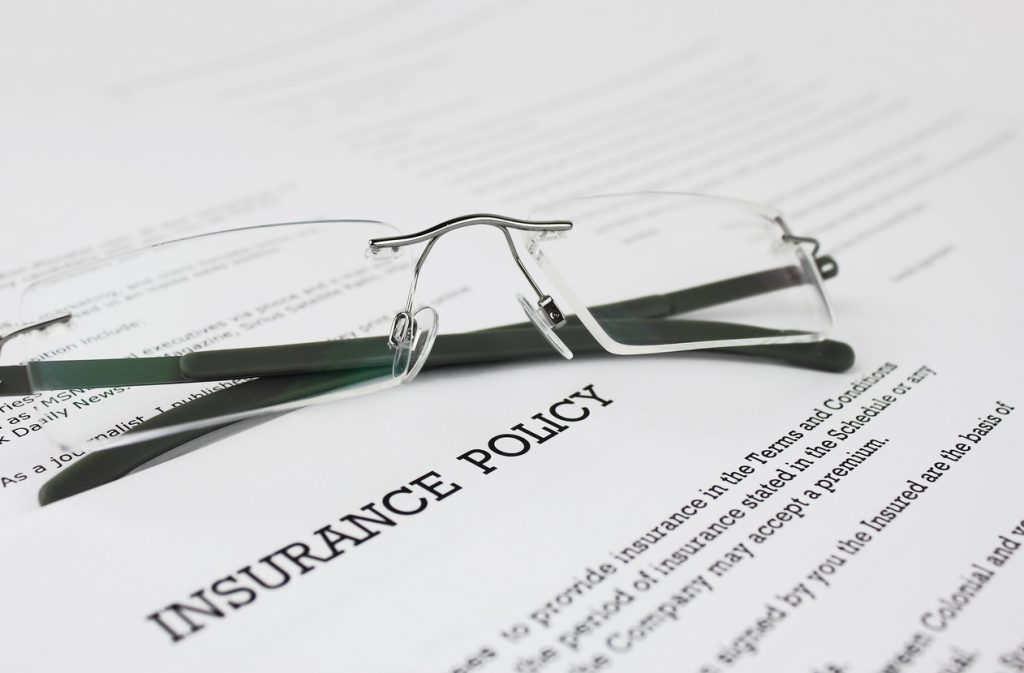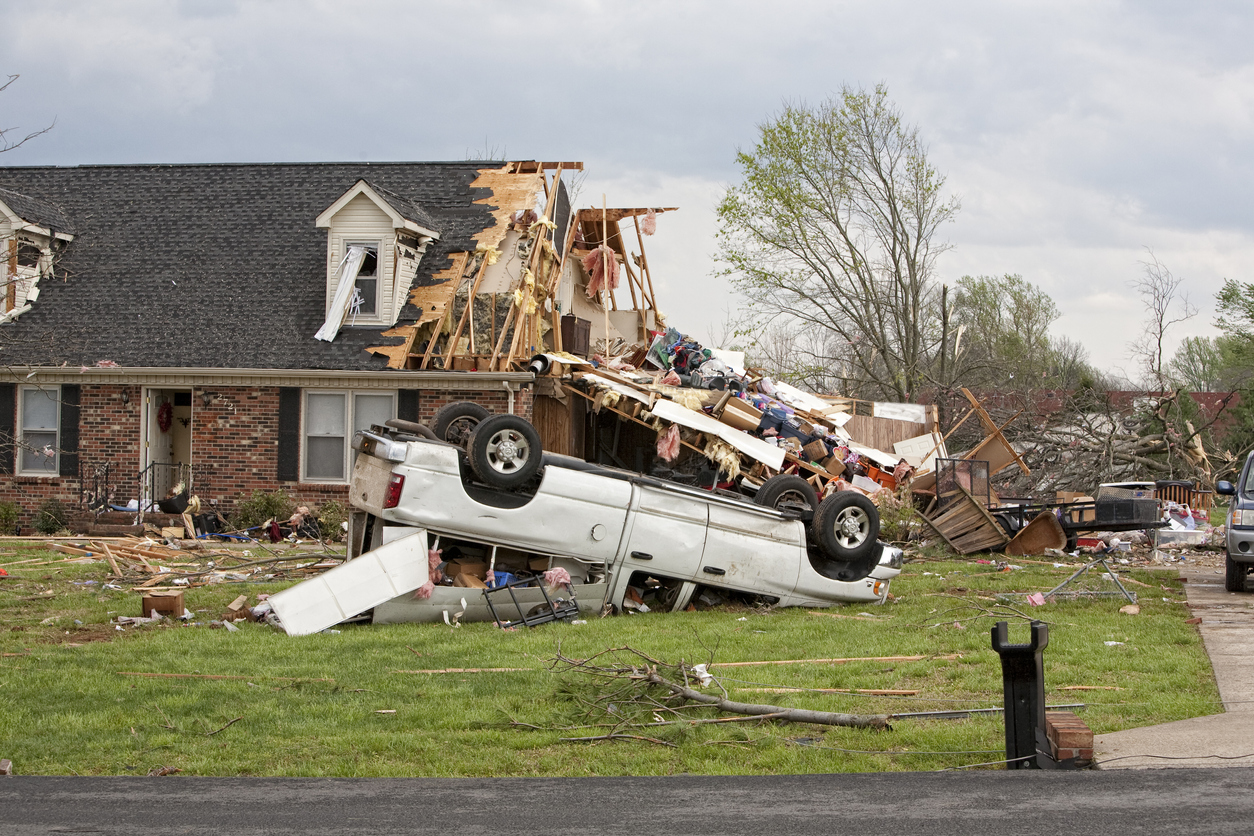It is happening more and more — weather events that leave you with a damaged home (or in my case a totaled home). But can you prepare for a natural disaster? Can you have strategies in place that will help you manage your loss? Yes, you can be prepared. Having a plan and familiarizing yourself with your homeowner’s insurance policy are a must. And this should be one of your goals for 2020.
Before Disaster Strikes
-
Check your homeowner’s insurance policy.
All homeowner’s insurance policies are different: some cover replacement cost (as compared to loss coverage only), some include all personal expenses, some include rebuilding costs (regardless of the policy limits). Check your policy and become familiar with its terms. We all should have insurance which provides the best possible coverage, with a company that is known for its service. You might consider discussing it with the broker or with an insurance consultant.

I have learned that we were lucky in our loss: we had what is called “private lines” coverage, which provided us with many options (including a potential rebuild above policy limits). Plus, our insurance company was known for how it professionally handled claims. Check the internet and make sure that your company is one that is known for its responsiveness and helpfulness. Many are not. Consider changing your insurer to a preferred company.
-
Prepare yourself and your house.
You should have a designated place where you go in the case of a tornado or a place to meet outside if there is a fire. But do you have battery chargers for your phone, a weather radio for alerts, shoes next to your bed that you can grab, an implement to break windows or a supply of water or food? We all need to consider the items necessary for survival and have them at hand.
>READ: PRIME PICK: BEST SOLAR-CHARGING BATTERY PACK
Also, think about what you might want to grab if you have time to grab items. Have a list ready and a suitcase nearby to pack them in. Know who you will contact for help. Have the numbers ready in your phone — including the number of your insurance company. Also, consider having your homeowner’s insurance policies stored in the cloud.
After Disaster Strikes
-
Make your calls.
You have called your loved ones to let them know you are ok. Now, who do you call? Your next call should be to your insurance company to file your claim. Then, you need to think about how best to secure your residence. There is an obligation under your policy to minimize the loss to your home. Depending on the type of loss, you may need a roofer or perhaps a water specialist. There will be lots of them trolling the area but be careful. Some are not reputable. It is always good to get one you know. Many of these companies can also help clean up debris — or find someone that can.

If you need to relocate after a disaster, another good person to call is someone that can start the packing process. It may take a while for the insurance company to get someone out to do this. Then it may take time to get to the top of the list. You can consider shortcutting this. Get names from your adjuster or from friends or neighbors. Then make the calls yourself and hire them. It may allow you to save some of your belongings. Also, make sure you know how the items will be stored and itemized along with whether you will have access.
-
Evaluate where you are.
How bad was your house damaged? Is it a total loss or will it be able to be repaired? Most insurance companies will hire a structural engineer (or maybe even two of them) to evaluate your property. Again, there is a time delay here. But in the meantime, you must find somewhere to live. A hotel works on a short-term basis but eventually, you will need to find a rental property.
Most insurance companies work through property relocation firms to handle your lease of another property (and any rental equipment or furniture you may need). These companies serve a purpose for the insurance companies (keeping rental prices low), but don’t necessarily work in your best interest. Read your policy. If you are entitled to rent something of equal quality as your lost residence, start looking for what is available. Then just get verbal approval from your insurer or the property relocation company. A delay may make it more difficult to find a comparable rental.
>READ: ON THE ROAD AGAIN: A STORY OF SELF-MOVING
If this is an emergency and if the property to be leased is within the policy guidelines, it would be very difficult for the insurance company to deny you coverage. The real question is how much you can pay and for how long. Push your adjuster to give you an answer as soon as possible.
-
Seek expert help.
Most people who have experienced a significant monetary loss hire their own adjuster to work with the insurance company. But this can be expensive. They generally ask for a percentage of your total recovery. If your insurance company is not responding or if they deny you what you think you are owed, you may need an outside adjuster to assist you.

There are also attorneys that specialize in insurance coverage issues. Again, this may be expensive, but it may be what you need and worth the cost. Some policies also require the insurance company to pay for this service.
Navigating a loss from a disaster is difficult and emotional. But if you are equipped with the right tools, you are better positioned to maximize your recovery and manage the process.







